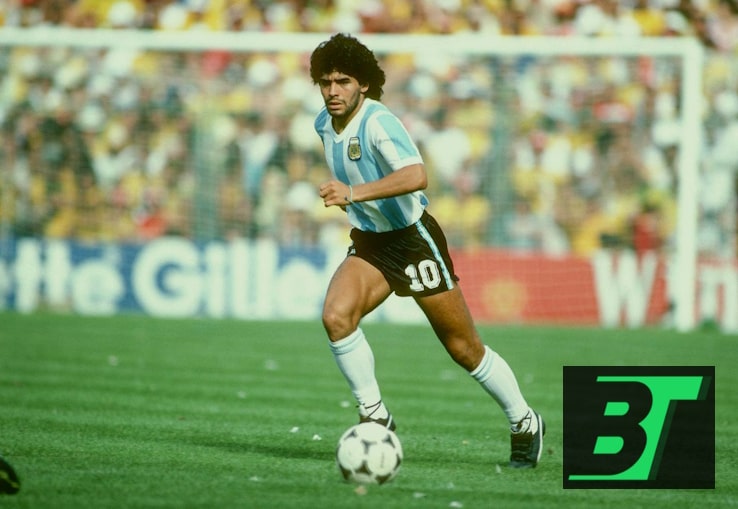
A detailed exploration of Diego Maradona legacy, charting his rise from the streets of Buenos Aires to becoming a global football icon, his triumphs, controversies, and the indelible mark he left on the world of sports.
Born into poverty in the Villa Fiorito area of Buenos Aires, Diego Maradona quickly rose to prominence in the world of football due to his extraordinary skills. His journey began at Argentinos Juniors, where he debuted professionally at just 15 years of age, and his talent was undeniable from the start. Maradona ability to control games and perform under pressure made him a national sensation by his late teens.
Maradona club career took him from the local Argentine fields to the grand stages of Europe. At Boca Juniors, he became a hero before moving to FC Barcelona for a world-record transfer fee. However, it was at Napoli in Italy where Maradona found his true home. Under his leadership, Napoli won their first Serie A title in 1986-87, a feat they repeated in 1990. Maradona impact at Napoli transcended sport, as he became a cultural icon in the city.
The 1986 World Cup in Mexico was Maradona zenith. He captained Argentina to victory, most famously in the quarter-final against England where he scored both the controversial 'Hand of God' goal and the 'Goal of the Century', dribbling past five England players. His performances throughout the tournament are often cited as the greatest by any individual in World Cup history. However, his international career also saw moments of despair, notably in the 1994 World Cup where he was sent home after failing a drug test.
Maradona style of play was characterized by his low center of gravity, incredible balance, and dribbling ability. His vision and precise passing made him one of the best playmakers of his era, while his competitive nature and charisma made him a leader on the pitch. He was known for his ability to take control of games single-handedly, influencing outcomes in ways few other players could.
Maradona life outside of football was as full of drama as his time on the field. His struggles with substance abuse were well-documented, affecting his health and career. Yet, Maradona was also known for his outspoken nature and advocacy against social injustice, often using his platform to support various causes and speak against what he saw as unfair treatments by football authorities and beyond.
After retiring in 1997, Maradona influence continued through his roles as a coach and a larger-than-life public figure. Despite personal struggles, his love for football and his dedication to advocating for the sport's positive impact remained evident. Maradona was revered worldwide, not just as a footballer but as a symbol of striving against adversity.
Maradona death in November 2020 was mourned across the world, highlighting his status as more than just a football player but a cultural icon. His legacy in football is marked by his sublime skill and his capacity to inspire both awe and controversy. Maradona remains a figure of eternal fascination in the sporting world, revered for his genius on the field and his complex personality off it.
Diego Maradona story is one of extraordinary talent and human vulnerability. His journey from the humble streets of Buenos Aires to global stardom encapsulates the spirit of football itself—passionate, unpredictable, and profoundly human. Maradona remains not just a football legend but a symbol of the beautiful game's power to inspire and captivate hearts around the globe.